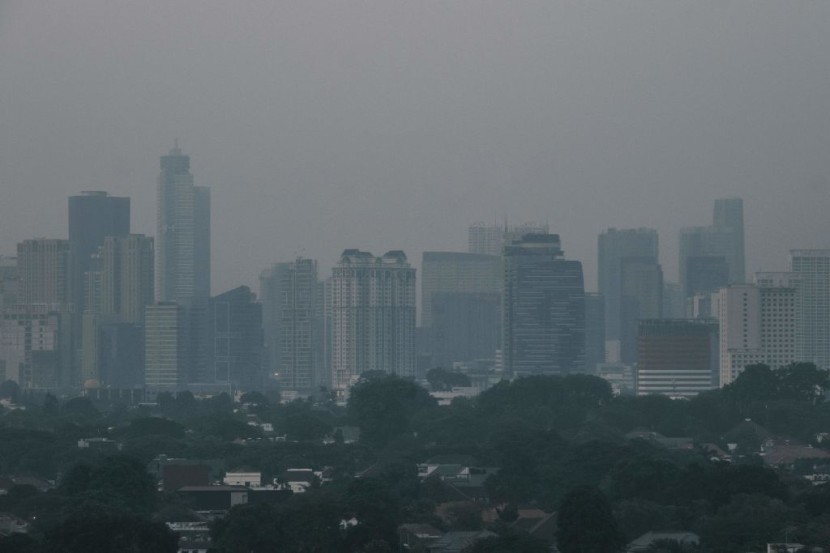According to a landmark study released on Tuesday, air pollution is more harmful to the typical person's health than alcohol or smoking, and the threat is rising in South Asia, the world's heartland of the problem, even as China's health is rapidly improving.
Nevertheless, according to research from the Energy Policy Institute at the University of Chicago (EPIC), the amount of resources allocated to address the problem is a small portion of the funding set aside for combating infectious diseases, as reported by CBS News.
According to its annual Air Quality Life Index (AQLI) report, the "greatest external threat to public health" is still fine particle air pollution, which is caused by things like industrial and automobile emissions, wildfires, and more.
According to the data, which has a 2021 deadline, if the globe were to permanently lower these pollutants to reach the World Health Organization's (WHO) recommendation level, the average person's life expectancy would increase by 2.3 years. The researchers note that this amounts to 17.8 billion life years saved.
Lung illness, heart disease, strokes, and cancer have all been related to fine particulate matter.
In contrast, tobacco use shortens life expectancy by 2.2 years and maternal and infant malnutrition shortens it by 1.6 years.
Asia and Africa The Most At Risk
Despite having some of the poorest infrastructure to provide citizens with fast, accurate data, Asia and Africa carry the bulk of the load. Additionally, they get meager portions of the already modest global charity pie.
For instance, less than $300,000 is allocated to combat air pollution over the whole African continent.
There is no worldwide financial partnership that provides $4 billion annually for the treatment of HIV/AIDS, malaria, and tuberculosis, despite the existence of the Global Fund.

South Asia is the area most affected globally. According to annualized, population-weighted averages of fine particulate matter, which are defined as particles with a diameter of 2.5 microns or less (PM2.5) and detected by satellites, Bangladesh, India, Nepal, and Pakistan are the top four most polluted nations in that order.
The AQLI metric then uses air pollution concentrations to determine how they affect life expectancy using peer-reviewed techniques.
If average PM2.5 levels in Bangladesh, which were 74 micrograms per cubic meter, were reduced to the WHO standards of 5 micrograms per cubic meter, residents would gain 6.8 years of life.
The "most polluted megacity in the world" is Delhi, the capital of India, which has an average annual particulate pollution level of 126.5 micrograms per cubic meter.
Between 2013 and 2021, it saw a 42.3 percent reduction in air pollution. The ordinary Chinese resident will live 2.2 years longer if the advances continue.
Since 1970, pollution in the United States has been reduced by 64.9%, increasing Americans' life expectancy by 1.4 years thanks to laws like the Clean Air Act.
Read also: [STUDY] Air Pollution Worsens COVID-19 Hospitalizations-Making Patients Stay Longer
The Risk of Wildfires
However, as a result of climate change's hotter temperatures and drier circumstances, wildfires are becoming a greater concern, which is driving up pollution levels from the western United States to Latin America and Southeast Asia.
For instance, Plumas County in California experienced an average fine particulate matter concentration that was more than five times higher than the WHO recommendation during the state's catastrophic wildfire season in 2021.
Similar to Europe, North America has had a recent decline in air pollution, but there are still significant disparities between Western and Eastern Europe, with Bosnia being the continent's most contaminated nation.
Related article: Air Pollution Kills 5.5 Million Worldwide Every Year, New Research Says
© 2026 HNGN, All rights reserved. Do not reproduce without permission.








